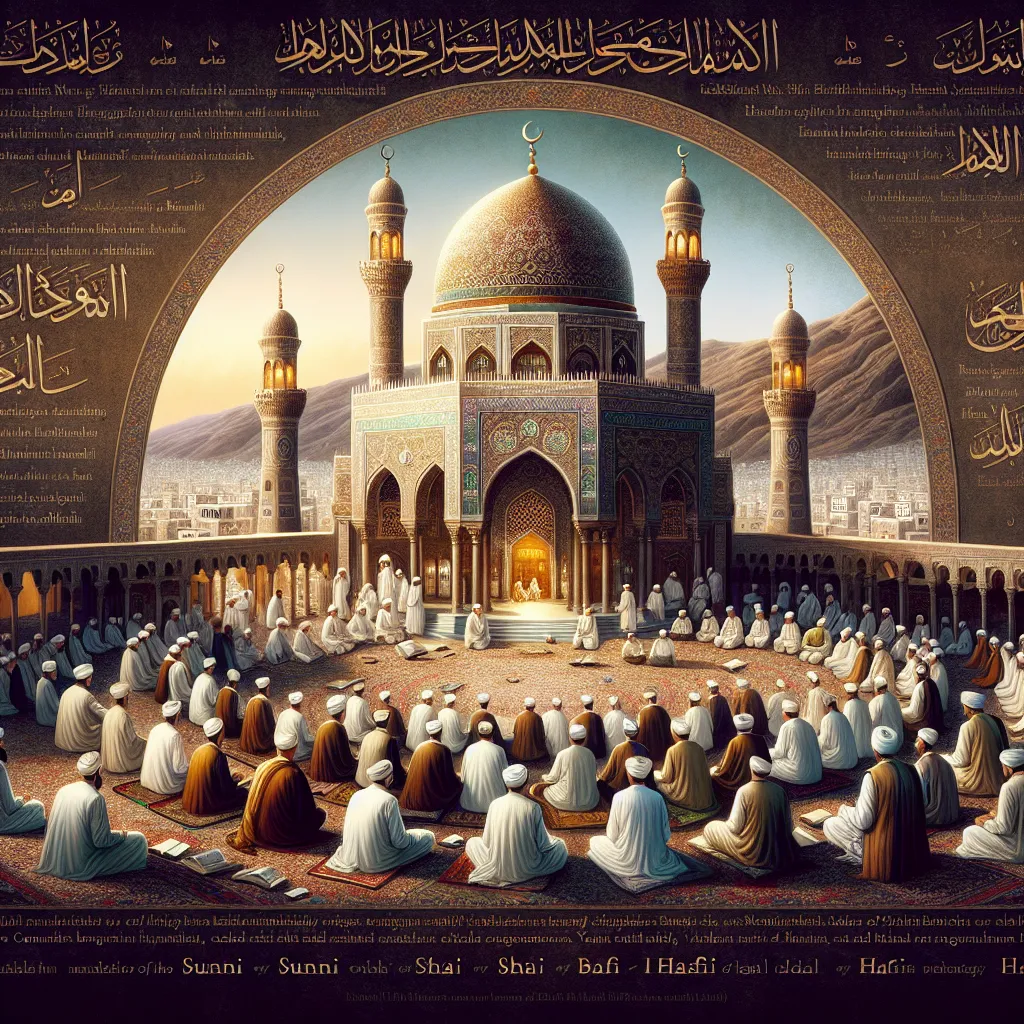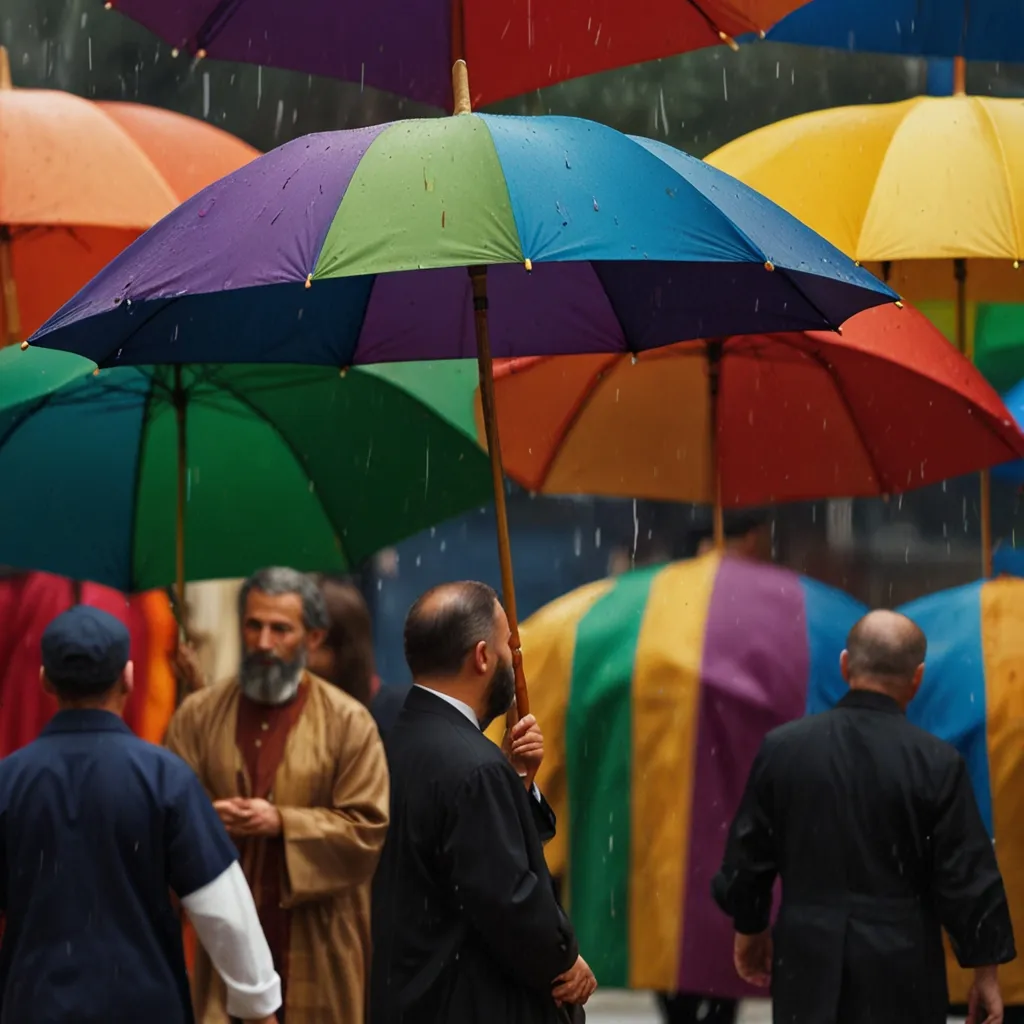Islam is typically divided into just Sunni and Shia in public conversations, but this oversimplifies the rich diversity within the religion. For instance, you probably haven’t heard of the Ibadi branch, but they are distinct from both Sunnis and Shias.
Even within the Sunni and Shia groups, there’s a variety of sub-branches and schools. In fact, an interesting and lesser-known Shia sect is the Zaidis. Predominantly found in Yemen, the Zaidis play a unique and important role in Shia Islam, differing from the Twelvers and the Ismailis.
The major schism between Sunni and Shia Islam revolves around the issue of leadership after Prophet Muhammad’s death. Sunnis believe that leadership passed to selected individuals from the broader community, while Shias argue it should have stayed within the Prophet’s family, specifically with Ali and his descendants through Fatima.
While Sunnis accept early caliphs and later dynasties like the Umayyads and Abbasids as legitimate leaders, Shias revere the lineage of Ali, Hasan, and Husayn more highly. The title of Imam in Shia belief, especially emphasized by the Twelvers and the Ismailis, denotes a divinely appointed leader. However, Zaidis have a different perspective on this.
The Zaidi belief system stems from the actions and rebellion of Zaid ibn Ali in 740 AD against the Umayyads. Even though his revolt failed, it laid the groundwork for Zaidi doctrines. Unlike Twelvers and Ismailis, Zaidis believe any pious descendant of Hasan and Husayn could potentially be an Imam, provided they meet certain scholarly and moral standards and can lead a successful rebellion against oppression.
Zaidis also differ in their legal and theological views. They often align with the Mutazilite theological school, emphasizing rationality, divine justice, and the created nature of the Quran. This theological stance makes them unique, setting them apart both from Sunni orthodoxy and other Shia branches.
Legally, Zaidi jurisprudence is influenced by both Sunni and Shia principles, especially drawing from the Shafi’i and Hanafi schools. Their approach to legal rulings is dynamic, allowing for contemporary interpretations and decisions by the ruling Imam.
In their rituals, Zaidis observe traditional Islamic practices like praying five times a day and fasting during Ramadan. They also celebrate specific Shia commemorations but in a more moderate manner compared to other Shia sects.
In recent centuries, especially in Yemen, there’s been a notable shift where some Zaidis adopted more Sunni-like practices and beliefs, blending the two traditions. This blending evolved for various reasons, including political advantages and fostering better relations with the Sunni world.
So, next time you hear about conflicts in Yemen or discussions about Shia Islam, you’ll know a bit more about the Zaidis and their distinct identity within the broader Islamic community.






